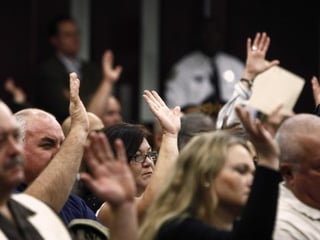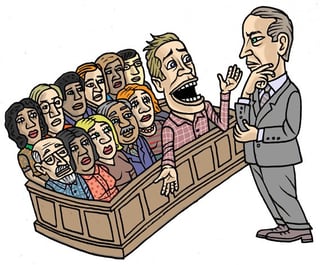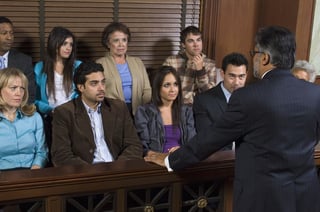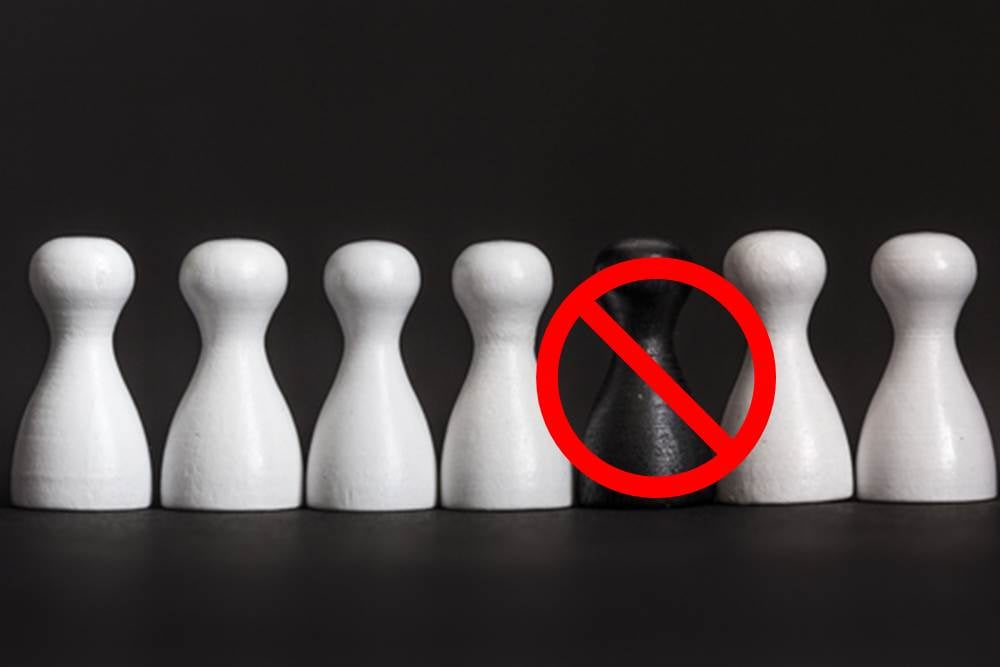August 8, 2011
Jeffrey T. Frederick, Jury Research Services
Recently, the judge in a criminal trial dismissed a jury prior to impaneling them after a friend of the defendant allegedly contacted one of the jurors through Facebook. The juror had reported this contact to the clerk of court. Review of the defendant's recorded telephone conversations from jail revealed the defendant, his girlfriend, and his mother discussing the names of three jurors, one name being that of the juror in question, with instructions from the defendant to contact them. The judge immediately dismissed the jury and revoked the bond of the defendant. An investigation into jury tampering is ongoing.
In March 2011, a former councilman in South Carolina was convicted of jury tampering when he e-mailed grand jurors. He had e-mailed the foreman of the grand jury requesting that the grand jury look into cases of corruption in government.
Much has been made of the impact of the Internet on jurors and the jury system. However, little attention has been paid to the threat posed by individuals contacting potential and trial jurors with the intent of influencing their verdict OR for that matter, jurors contacting the parties themselves, as was the case for a Manchester, England, where a juror received an eight-month jail sentence for contempt for both engaging in Internet research and having online conversations with an acquitted defendant through Facebook. Unfortunately for the juror, she was still deliberating on the fates of the remaining three codefendants at the time.
Of course, jury tampering is not a new phenomenon. While the situation described at the start of this blog may not be the first instance of attempted jury tampering via Facebook or other social networking media, it serves as a warning of a new potential threat to jury trials. According to a Pew research study, 79% of adult Americans are using the Internet, with 59% of these using social networking sites ("SNS"), including Facebook, MySpace, LinkedIn, and twitter. These SNS serve as a direct channel to jurors serving in our courts today.
Many courts today are revising jury instructions to address Internet issues. However, these instructions, justifiably, tend to focus on jurors seeking information on the Internet. It now appears that additional attention should be directed to instructing jurors early on about (a) not accepting "friend" requests before or during the trial by unrecognized inquirers; (b) reporting to the court all contacts or attempted contacts received from unrecognized inquirers (and recognized inquirers if relevant to the trial); and (c) admonishing jurors against contacting the party(ies) or witness(es) before or during the trial. These instructions should be added to the Internet instructions that address issues of communications concerning the case and the seeking of case-related information or other related Internet searching activity.
As I point out in my book on voir dire and jury selection, Internet-related instructions should be treated separately from other media-related instructions and should include a discussion of the consequences for the juror and the trial that could arise from such activities.
Recently, the juror questionnaire used in the perjury trial of baseball slugger Barry Bonds included instructions concerning the Internet and a statement of the consequences for such violations with an affirmation that the juror understood the court's order. This practice should be refined and expanded.
Two remedies that I think are not warranted at this time are (a) having jurors accept a friend request from the court, and (b) using anonymous juries. The first option is more invasive and premature at this time. The second option, using anonymous juries, was first fully implemented in 1977 and has received greater attention as of late. However, this remedy introduces the potentially negative effect of the influence of jurors rendering decisions under conditions of anonymity that are not warranted without significant concerns over juror safety, harassment, or intimidation. One study, and the only one found in a search on the topic, found that anonymous student-juries were more likely to convict and to use the most extreme sanction upon conviction than were nonanonymous juries.







